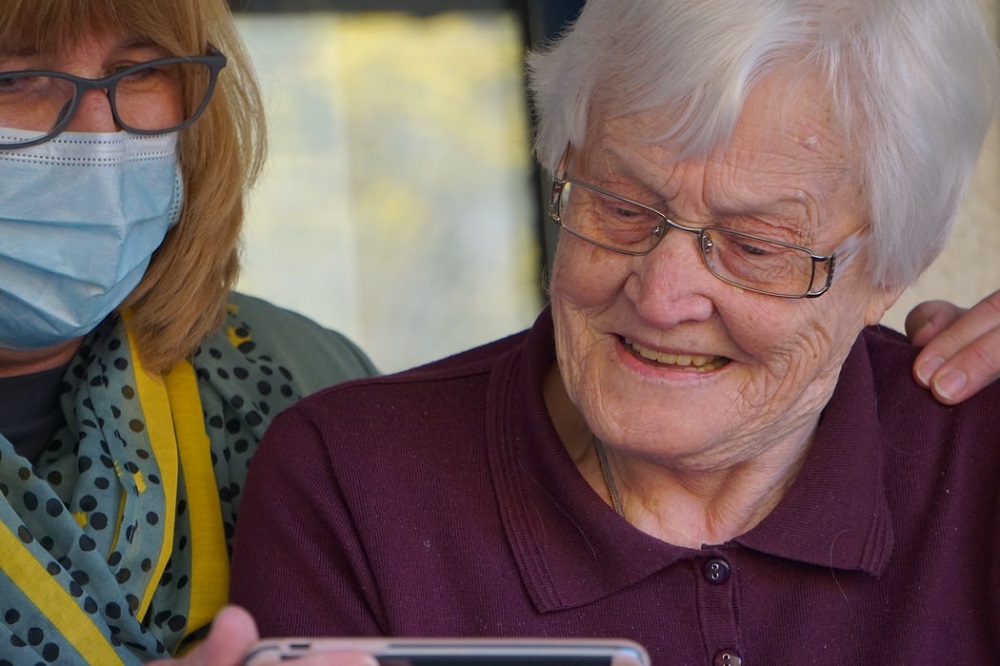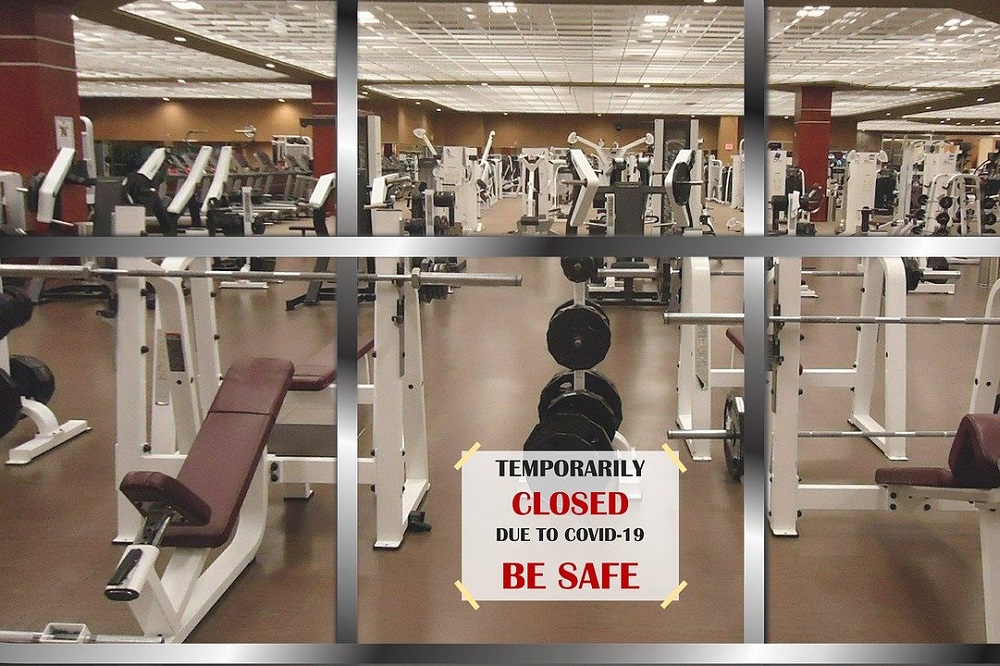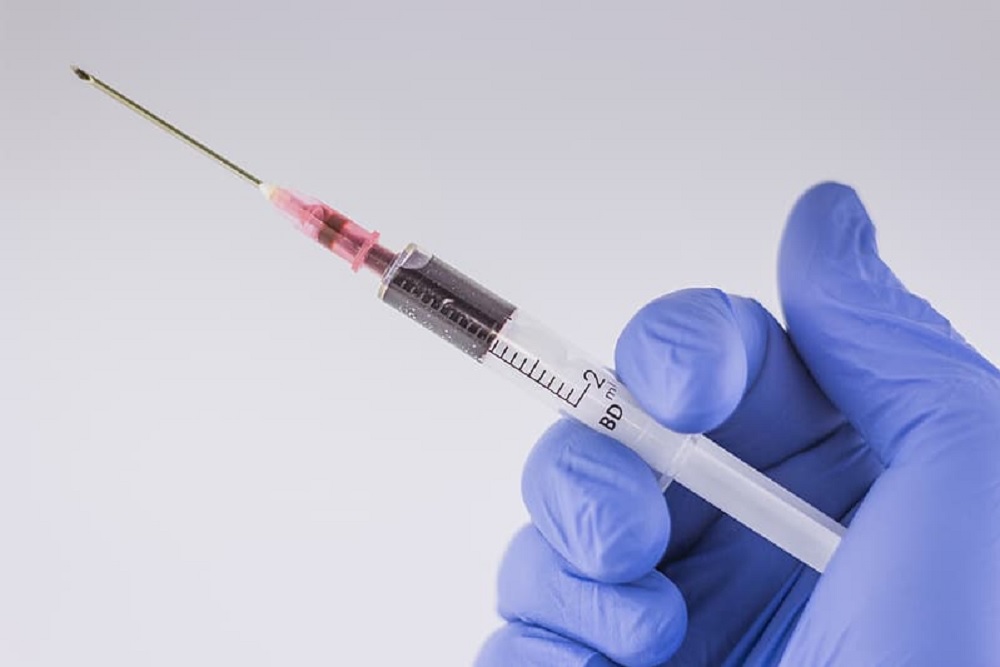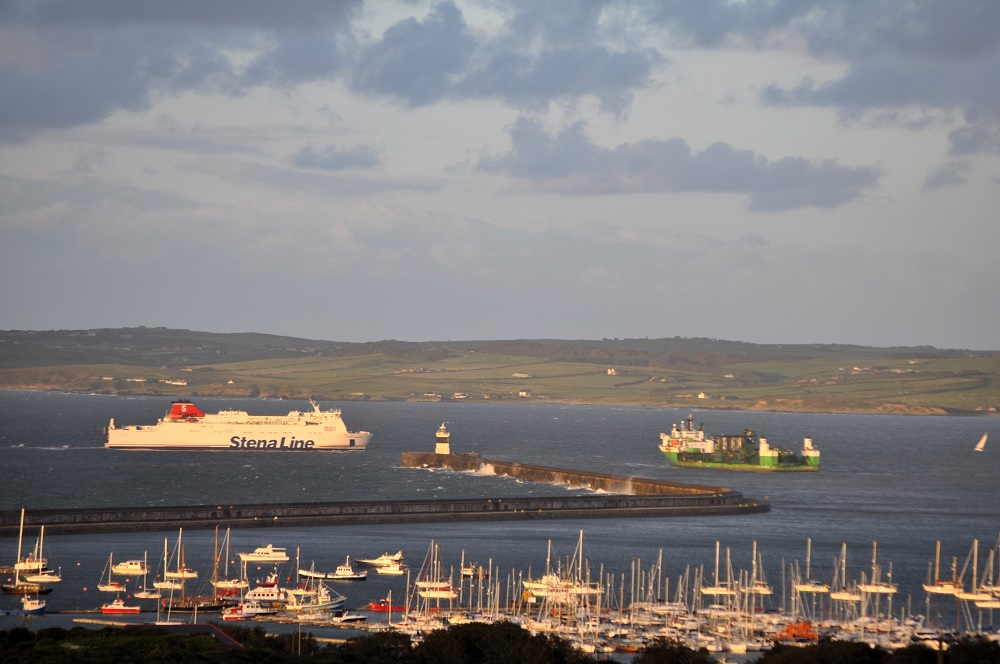News in brief: Council leader’s ‘sleepless nights’ as social care sector struggles with Covid cases

Hannah Neary, local democracy reporter
A council leader said he is having “sleepless nights” over social care provision due to high coronavirus infection rates in the area.
Neath Port Talbot (NPT) Council leader Rob Jones said local residential homes and domiciliary care are a “cause for concern” due to high infections rates in care homes.
“My current concern that’s giving me sleepless nights is my social care sector,” he said.
The Labour councillor said both NPT and Swansea councils, which operate within the same health board area, are experiencing a shortage in agency nurses with many staff currently off work with the virus and/or self-isolating.
“There’s a shortage of agency nurses and some agency nurses do not want to go into these care homes while there are positive cases.
“We are constantly speaking to Welsh Government about these issues and raising them.”
Sanjiv Joshi, managing director of the Caron Group, which has 14 homes across South and mid Wales, said NPT Council has had to send its social care staff to support private care homes in the area.
“The whole system is becoming increasingly stretched,” he said.
”Our frontline staff have been heroic in doing their utmost to keep this deadly virus at bay but this is a silent and invisible enemy.
“The main problem is community transmission and the current situation in Neath Port Talbot underlines the urgent need for people to behave responsibly and adhere to all the safety guidelines to curtail the spread.
“Care home staff are not immune because they live in the community and are often asymptomatic if they are infected which means they can transmit the virus unwittingly.”
On Wednesday Swansea Bay University Health Board reached record levels of patient deaths in hospitals among people who tested positive for COVID-19.
In the same week, the health board announced it would be postponing some non-urgent care and appointments due to high infection rates in the region.
Swansea Council’s director of social services, Dave Howes revealed care home residents in Swansea and NPT were almost sent into hospital due to staff shortages.
Howes said 11 care homes in Swansea and NPT had hit a certain level of risk last Tuesday, with two close to having to shut.
According to Mr Howes, 20 homes were at the “red” risk level by Thursday and three were at an “absolutely critical” level.
Mr Joshi, also a member of Care Forum Wales, said while testing has “improved tremendously” in Wales, care homes are experiencing staff issues due to the time it takes to get test results back.
“It’s the time it takes for the results to come back that causes the problems. A test can only tell if you are infected on the day.
“The other problem is that if you’re very early into your infection, the test won’t pick it up. PPE is no guarantee against the infection spreading.
“Social care is such a personal, one to one service that it is virtually impossible if you are a carrier not to transmit the virus at all which can then spread to others.
“There is no other solution because those residents’ needs have to be met. They have daily personal and medical needs that necessitates contact with their carers.”
Risk
Earlier this week, Bridgend County Borough Council’s cabinet member for social services said the authority’s social care sector is also at risk due to staff shortages.
Cllr Nichole Burnett said staff numbers are “tight” among internal and private domiciliary care providers and council staff with previous experience of working in sectors such as direct care services are being redeployed.
Mr Joshi said care homes are under “incredible” amounts of pressure to look after residents.
He said there are now more staff isolating than in March because more are being tested. But this will “ultimately will help contain the virus”, it will also create added pressures in the short term.
He added: “Care Forum Wales is providing advice and guidance to care providers, sharing best practice on how to manage the situation.
“The experience of those who have been through an outbreak is invaluable to those encountering it for the first time.”
Public Health Wales has confirmed 35 new deaths due to COVID-19 and 3,065 new positive tests for the virus in today’s report.
Cardiff (459) recorded the highest number of new cases followed by Newport (248) and Neath Port Talbot (244) as cases continue to climb across the country.
The weekly infection rate is now above 1000 per 100,000 people in both Merthyr Tydfil (1,233.3) and Bridgend (1,028.2) as the Wales-wide case rate has increased to 592.3.
Bridgend has the highest positive test proportion for the week at 28.9% per 100,000 tests, with Neath Port Talbot just behind on 28.4%.
Dr Chris Williams, Incident Director for the Novel Coronavirus (COVID-19) outbreak response at Public Health Wales, said: “Rates of infection have increased in 20 of the 22 local authorities over the last seven days, with the seven-day rolling average now exceeding 1,000 cases per 100,000 in two areas.
“It is important that everyone continues to follow the advice on keeping Wales safe. Keep contacts with other people to a minimum, keep a two-metre distance from others, wash hands regularly, wear a face covering where required, and self-isolating when asked to do so.
“Public Health Wales urges everyone to follow the rules, to avoid transmission of Coronavirus and to protect everyone in our communities, including the most vulnerable.”

Additional support announced for businesses hit by new restrictions
The Welsh Government is making an extra £110 million available to support businesses affected by the new level four restrictions, which will come into force on Christmas Eve.
The new restrictions will mean all non-essential shops and all leisure and fitness centres, will close from the end of trading on Christmas Eve, with hospitality businesses following at 6pm on Christmas Day.
The new support package is in addition to the £340 million already available to businesses affected by the coronavirus pandemic.
Businesses in the hospitality and non-essential retail sector, which are impacted by the new restrictions, receive small business rates relief and have a rateable value of £12,000 or less will be eligible for a £3,000 payment.
Hospitality and non-essential retail businesses with a rateable value of between £12,001 and £150,000 will be eligible for a £5,000 payment.
Tourism, leisure, retail and supply chain businesses in the same rateable value bracket will also be eligible for this support if their turnover has fallen by 40% or more during the restriction period.
Economy Minister Ken Skates said: “Sadly rising coronavirus cases mean we must take action now to drive the virus down. We recognise this is hugely challenging for businesses, but as a government, we will continue to do all that we can to protect them, our people and our communities through these difficult days.”
More information about the package of business support is available here.

New mass vaccination centre for Swansea
Richard Youle, local democracy reporter
A mass vaccination centre in Swansea Bay will open on December 21 at the Bay Field Hospital.
The area in question is separate from where patients would be treated at the £20 million facility, off Fabian Way.
Swansea Bay University Health Board director of public health, Keith Reid, said: “Initially it will be used to provide vaccines to frontline health and care workers, including care home staff who are the top priority for vaccination.
“Members of the public should not attend the mass vaccination centre at this stage.
“As more vaccine becomes available, appointments will be opened to other priority groups in line with the UK guidance.”
Dr Reid has previously said the jab would be given from Margam Orangery and Canolfan Gorseinon as well as the larger Bay Field Hospital.
The health board, which covers Swansea and Neath Port Talbot, aims to eventually vaccinate 3,200 to 3,300 people per day seven days a week, depending on supplies and numbers of staff to deliver the injections.
Meanwhile, some clinical staff at Morriston Hospital have already had the Pfizer/BioNTech jab in recent days. It is the first of a number of vaccines health leaders and politicians hope to roll out in the coming months.
The imminent opening of the Bay Field Hospital vaccination centre was mentioned in a meeting this week by Swansea Council’s director of social services, Dave Howes, who painted a bleak picture of the situation facing social care and health staff.
Mr Howes said three care homes in the region were close to having to decant all their residents into hospital because so many care staff were absent, mainly because they were isolating as they were a close contact of someone with Covid-19 or had the virus themselves.
Domiciliary care, he said, may have to be restricted to people in critical need although he said “we are not quite there yet”.
Staff, he said, were exhausted.
Mr Howes also said surging case numbers were currently forecast to double every nine days, although in some areas it was just seven days.

Holyhead prepares for Brexit traffic disruption
A temporary contraflow system is being put in place to minimise traffic disruption in Holyhead following the end of the EU Transition period on New Year’s Day.
Following the UK’s exit from the EU ferry operators will require freight customers bound for Ireland to link customs information to their booking and if they arrive without having done so they won’t be able to enter the port.
All HGVs turned away from the port will be directed back to the temporary contraflow at junction 4 on the A55 where they will join the westbound carriageway to either be redirected to other sites off Junction 2 to be stacked while they sort their paperwork, or if there is no space on these sites they will be stacked there as a last resort.
The government expects that the number of HGVs being turned away to reach its peak by the middle of January.
The reasonable worst-case scenario calculations published by the UK Government estimate that between 40% and 70% of HGVs arriving at ports after the end of the Transition Period could be turned away as they do not have the right documentation
Minister for Transport and North Wales Ken Skates said: “Our contingency plans are aimed at keeping any disruption to the port and local communities of Holyhead and Anglesey to the absolute minimum.
“While we have projections of how many HGVs may be turned away in the first weeks at the end of the EU Transition, none of us have been in this situation before.”

Leanne Wood’s food parcel scheme feeds over 1,800 children in just four months
Children in the Rhondda have been fed more than 1800 times by a food parcel service set up by Rhondda MS Leanne Wood.
Working in conjunction with a group of volunteers, Leanne Wood and her team have been delivering the parcels to homes throughout the Rhondda after Covid-19 restrictions put a stop to food collections from Ms Wood’s office.
News of the food parcel service’s success comes in the week it was revealed that the charity UNICEF are feeding children in the UK for the first time in their 70-year history. According to Save the Children, an estimated one in three children in Wales are living in poverty.
In the four months that the food parcel scheme has been running, children have been fed 1,893 times.
“The scheme began as a means of eliminating food waste as supermarkets would regularly send tonnes of perfectly good produce to landfill every week. The Covid pandemic has increased poverty – the need is greater now,” Ms Wood said.
“I wish a scheme like this was not required but there remains a lot of need within the Rhondda. It is heart breaking to see the desperate situations some families are in. While there is a demand for this type of scheme, I will do what I can to help out.”

Support our Nation today
For the price of a cup of coffee a month you can help us create an independent, not-for-profit, national news service for the people of Wales, by the people of Wales.





